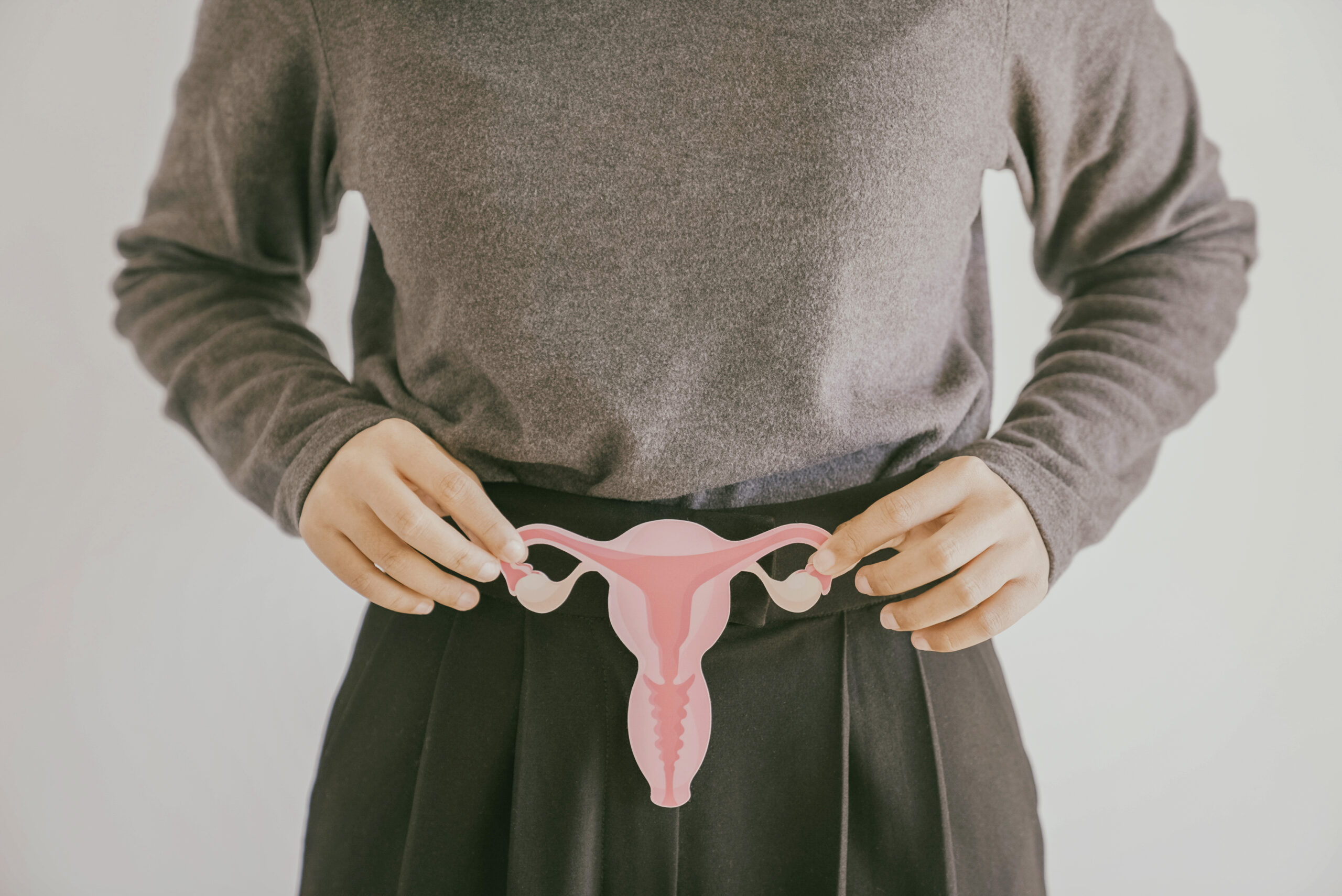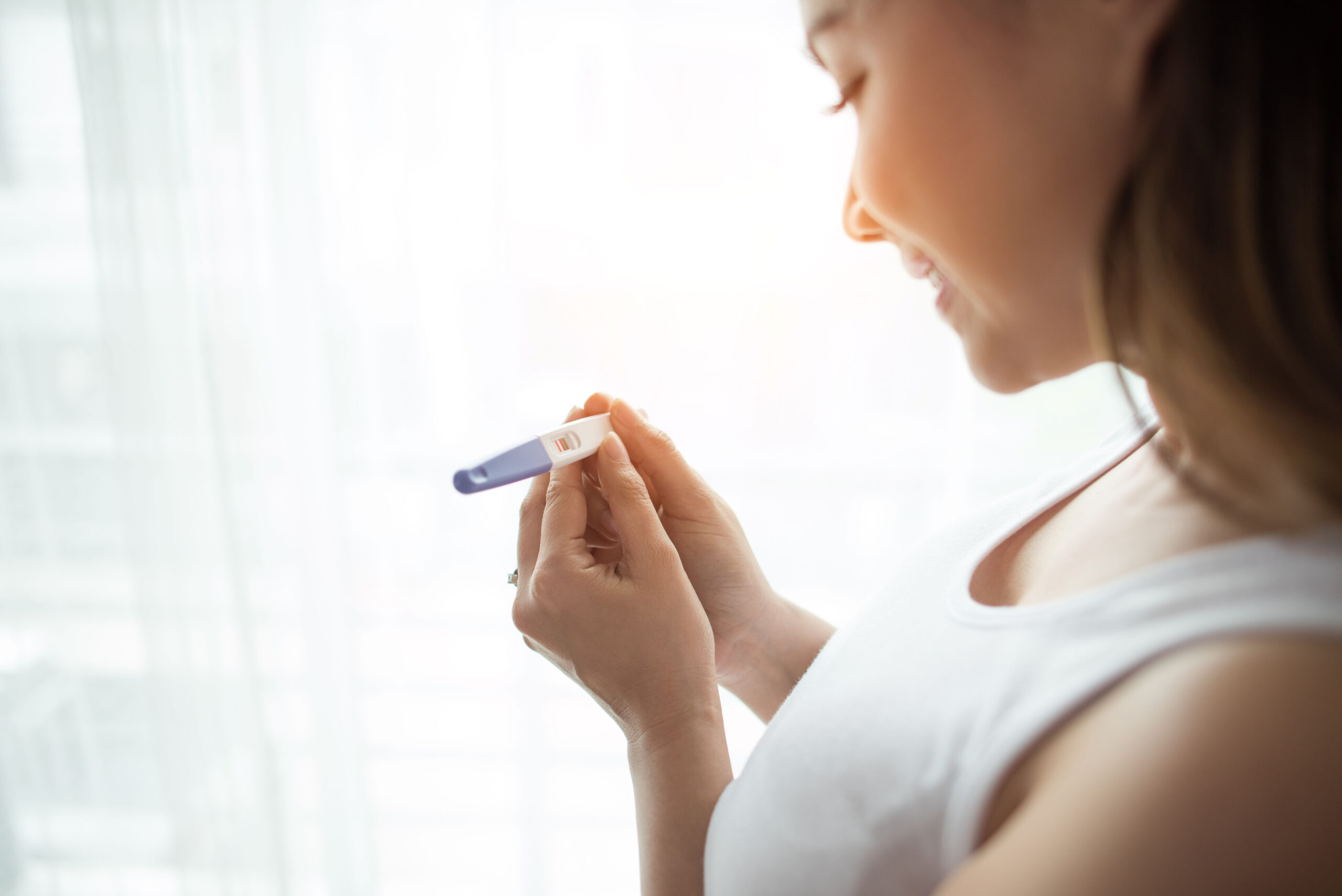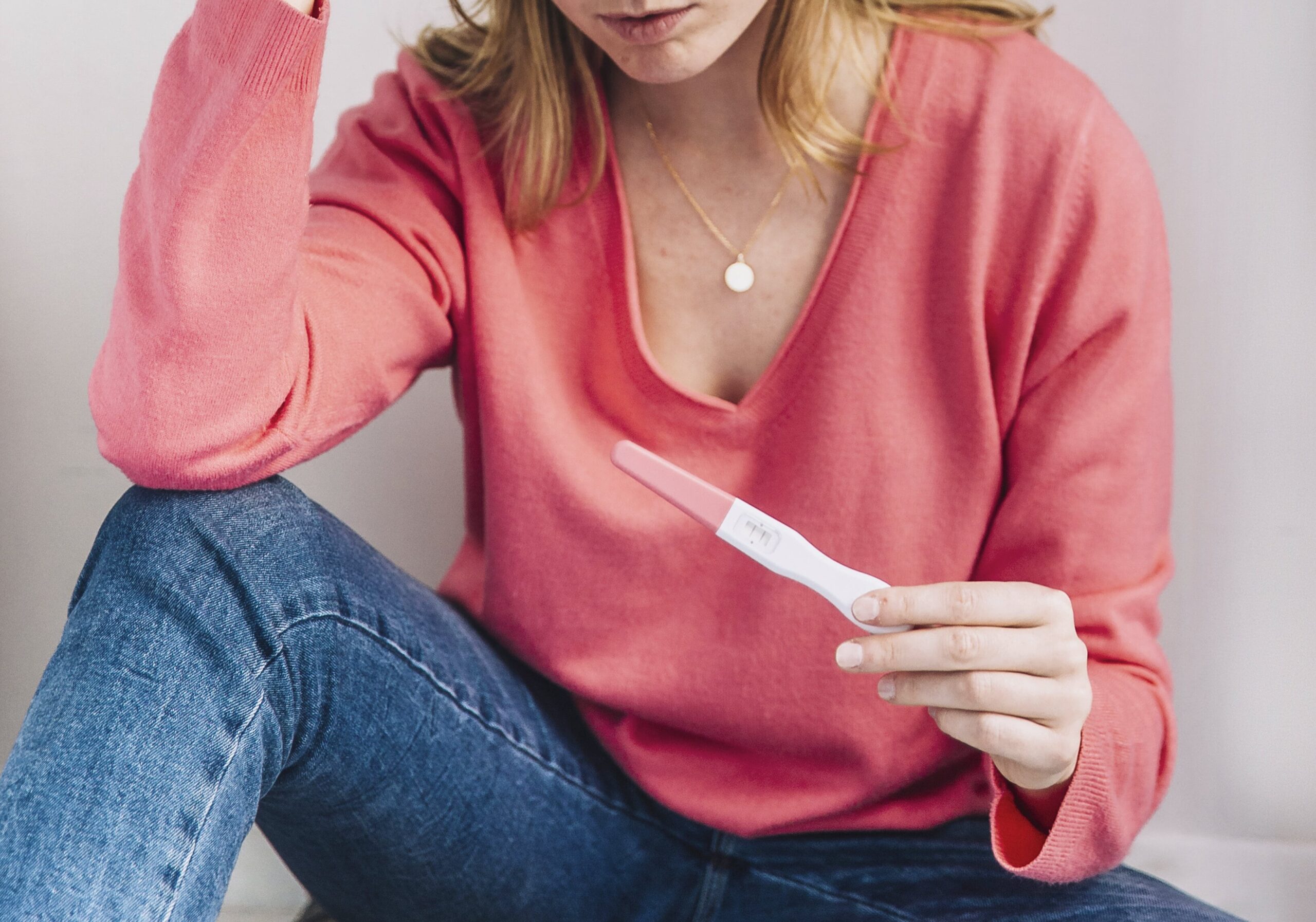It can feel frustrating when you’re in need of infertility treatment but lack adequate access to medical care near you. What should you do when you can’t find an infertility doctor close to where you are located?
Fortunately, there are alternatives to in-person infertility treatment. Are you in need of some ideas? You can find out more about your options for infertility treatment below.
What are some of the most likely causes of infertility?
Are you familiar with the causes of infertility? Do you have one or more of the following conditions listed below?
- Polycystic ovary syndrome (PCOS) — Polycystic ovary syndrome is also known as PCOS for short. It is a medical disorder that involves the growth of cysts on the edges of the ovaries and causes a number of symptoms. These symptoms include hormonal imbalances, excessive hair growth, irregular periods and acne. It can also lead to issues with fertility including irregular ovulation, irregular menstrual cycles and trouble getting pregnant.
- Thyroid disorder — Thyroid disorders, like hypothyroidism, can also lead to problems getting pregnant. Thyroid disorders can negatively impact hormone levels and interrupt ovulatory phases.
- Endometriosis — Endometriosis is a medical condition involving abnormal tissue growth outside of the uterus. The most common symptoms include pain during menstrual periods, pain using the bathroom and pain during sex. It can impact a person’s ability to get pregnant in some cases, but not all cases of endometriosis cause infertility.
- Male infertility — Male infertility is a cause that can be just as likely to occur as a woman’s infertility. Male infertility can be related to low sperm count, decreased sexual function, genetic disorders, medical conditions, and injury to the testes.
- Unexplained infertility — Oftentimes there isn’t a clear cause of infertility for many couples, and this is called unexplained infertility. Fortunately, unexplained infertility can be treated with the help of a licensed and experienced infertility doctor.
What should you do next when there isn’t an infertility doctor near you?
If you are struggling to find a reliable or high-quality infertility doctor near you, you should know about your other options. Here’s what you should consider trying next if you can’t find a high-quality infertility doctor near you:
- Consider virtual infertility consultations — One of the first things you can do next when you find out that there isn’t an infertility doctor near you is consider trying virtual infertility treatment. You can have an online consultation to determine if you’d be a good candidate for a virtual treatment plan.
- Undergo virtual infertility testing — If you’re in need of infertility testing but can’t find a good doctor near you, you can undergo virtual infertility testing. Many of the tests that an in-person clinic would require can be done at home.
- Take advantage of virtual infertility treatment options — Just because you can’t find an infertility doctor near you doesn’t mean that you can’t still experience high-quality treatment. A virtual infertility doctor can provide you with a number of treatment options from the convenience of your own home.
Fertility Cloud’s virtual treatment solutions may be the answer you need for your infertility
At Fertility Cloud, we value shared experiences. We want to help you navigate your struggles and celebrate your victories. Our team of experienced medical providers is dedicated to providing you with compassionate and professional care. Through every step of the way, we’ll do our very best to ensure your comfort and guide you through the process of treating infertility.
At Fertility Cloud, everything is done remotely. From your communication with your doctor to your fertility tests, you can do it all on a tablet or computer. Appointments are conducted virtually via live videoconferencing.
We know that getting accessible, high-quality infertility treatment can sometimes be harder than it seems. That’s why we’ve selected some of the best reproductive endocrinology specialists. Our team can provide you with easily accessible digital services. Each one of our doctors is board-certified and state licensed.
If you’re in need of more information, you can consult our virtual infertility specialists. We’ll go over with you how we treat patients with a variety of medical conditions and even unexplained infertility. Our goal is to help you conceive. Let our team of experts be the ones to help you and your partner.
Contact our team by phone today for more information or book an initial appointment online with a fertility specialist.





